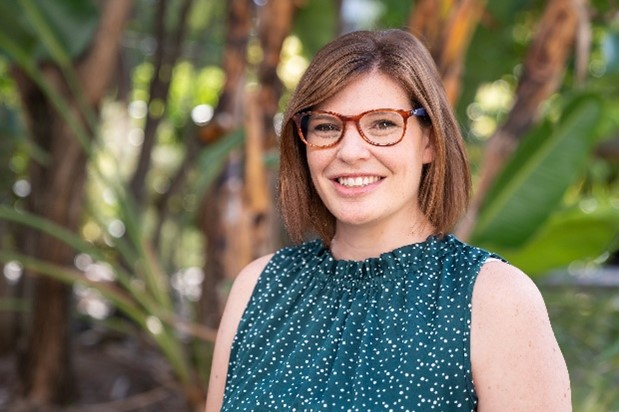
Embracing Discomfort: A Guide for Post-PhD Arrogance and Impostor Syndrome
ECA Blog: Senior Academic Perspective, March 2024
Associate Professor Amanda Rebar
Director of the Motivation of Health Behaviours Lab and the Lead of the Social Insights Research Group, Central Queensland University.
Dear Early Career Academic,
I get it. I understand the complexities of your current post-PhD phase. It’s a delicate balance between feeling overly confident in your expertise and grappling with imposter syndrome. Let me clarify for you: both of these feelings are normal but useless.
Here are some insights to guide you through this transformative period:
- Expertise and Humility:
- Acknowledge that you possess valuable knowledge within your niche field. Your expertise is real, even if it’s specific.
- Recognize that there’s always more to learn. No one knows everything, and that’s perfectly okay. Admitting not knowing is better received than pretending you do.
- Arrogance or Shame:
- Arrogance blinds you to growth opportunities. It’s like wearing blinders in a vast landscape.
- Shame, on the other hand, paralyzes you. It prevents you from taking risks and seizing chances.
- Strive for a balanced mindset: confident yet open to learning.
- Embrace Discomfort:
- Seek out situations that challenge you. Attend talks where the titles baffle you.
- Sit with unfamiliar faces during conferences.
- It’s in discomfort that growth occurs. You’ll find your footing by navigating uncharted territory.
- Contributions and Gains:
- Instead of fixating on what you lack, focus on what you can contribute.
- What unique insights can you bring to the table? How can you enrich discussions?
- Simultaneously, consider what you stand to gain. Every interaction is an opportunity for personal and professional growth. Listen.
- Cultural and Interdisciplinary Exchange:
- Collaborate across disciplines. Break down language barriers.
- Engage with students and colleagues from diverse cultures. Learn from their perspectives.
- These interactions will broaden your horizons and enhance your abilities as a researcher, teacher, and mentor.
Remember, growth lies beyond your comfort zone. Embrace the discomfort, and you’ll emerge stronger, wiser, and better equipped to contribute meaningfully to your field.
 Biography
Biography
Associate Professor Amanda Rebar is the Director of the Motivation of Health Behaviours Lab and the Lead of the Social Insights Research Group at Central Queensland University. My expertise is motivation with emphasis on how habits form and other automatic processes that drive our daily life behaviours. I love doing analyses in R and datasets that explore change over time.
LinkedIn: www.linkedin.com/in/amanda-rebar-71010353
University Profile: https://staff-profiles.cqu.edu.au/home/view/1004
The last TV show that you binged and loved? Much to my family’s dismay, I love baking and cooking competitions – anything from Iron Chef to Cupcake Wars. It’s wonderful to see creativity and skillsets so beyond my wheelhouse.